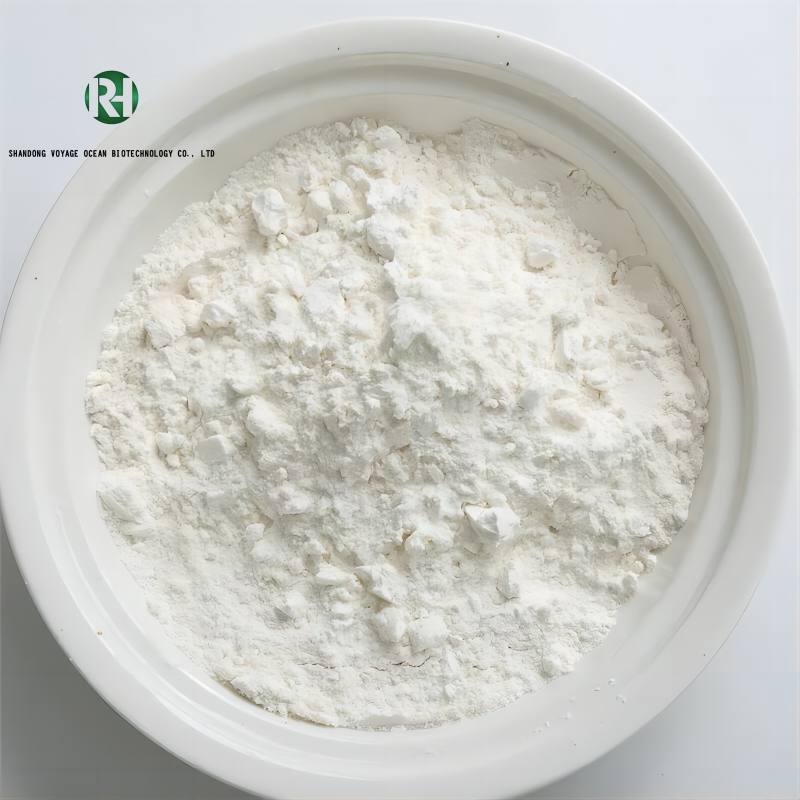-
Categories
-
Pharmaceutical Intermediates
-
Active Pharmaceutical Ingredients
-
Food Additives
- Industrial Coatings
- Agrochemicals
- Dyes and Pigments
- Surfactant
- Flavors and Fragrances
- Chemical Reagents
- Catalyst and Auxiliary
- Natural Products
- Inorganic Chemistry
-
Organic Chemistry
-
Biochemical Engineering
- Analytical Chemistry
- Cosmetic Ingredient
-
Pharmaceutical Intermediates
Promotion
ECHEMI Mall
Wholesale
Weekly Price
Exhibition
News
-
Trade Service
February 24, 2021 // - Recently, a research report entitled "p53 dynamics vary between tissues and are linked with radiation sensitivity" was published in the international journal Nature Communications .
Nature Communications
p53 is a tumor suppressor protein that has been extensively studied by scientists, which can initiate the self-destruction program of cells; however, the level of this sentinel protein is often similar in tissues that exhibit different sensitivities to radiation, which suggests Asked a question, that is, how does p53 participate in it? In this study, the researchers described how the survival of cells after exposure to radiation depends on the behavior of p53 over time.
Researcher Galit Lahav said, therefore, dynamics are very important, and it is especially important that things change over time.
Image source: CC0 Public Domain
It is worth noting that related research findings have proposed a new strategy that can improve cancer combination therapy.
When cells are exposed to ionizing radiation, examples of high-energy atoms will arbitrarily attack the less fragile molecular structures in the cell.
In this study, researchers Lahav and others analyzed tissues in mice with different susceptibility to ionizing radiation.
To analyze the effects of p53 behavior, the researchers used an experimental anti-cancer drug to inhibit MDM2, a protein that can degrade p53.
In mice transplanted with human colon cancer tumors, the researchers observed that when a single dose of MDM2 inhibitor was given shortly after radiation, the tumors in the mice were significantly reduced.
Related research findings also support the dynamics of p53 and the importance of how to manipulate p53 to treat cancer.
Finally, the researcher Lahav said that for a laboratory that studies p53, cancer has always been our main motivation for studying p53.
Reference materials:
Reference materials:[1] Stewart-Ornstein, J.
[1] Stewart-Ornstein, J.
[2] com/news/2021-02-tumor-suppressor-protein-dynamics-tissues-survive.
by Harvard Medical School







